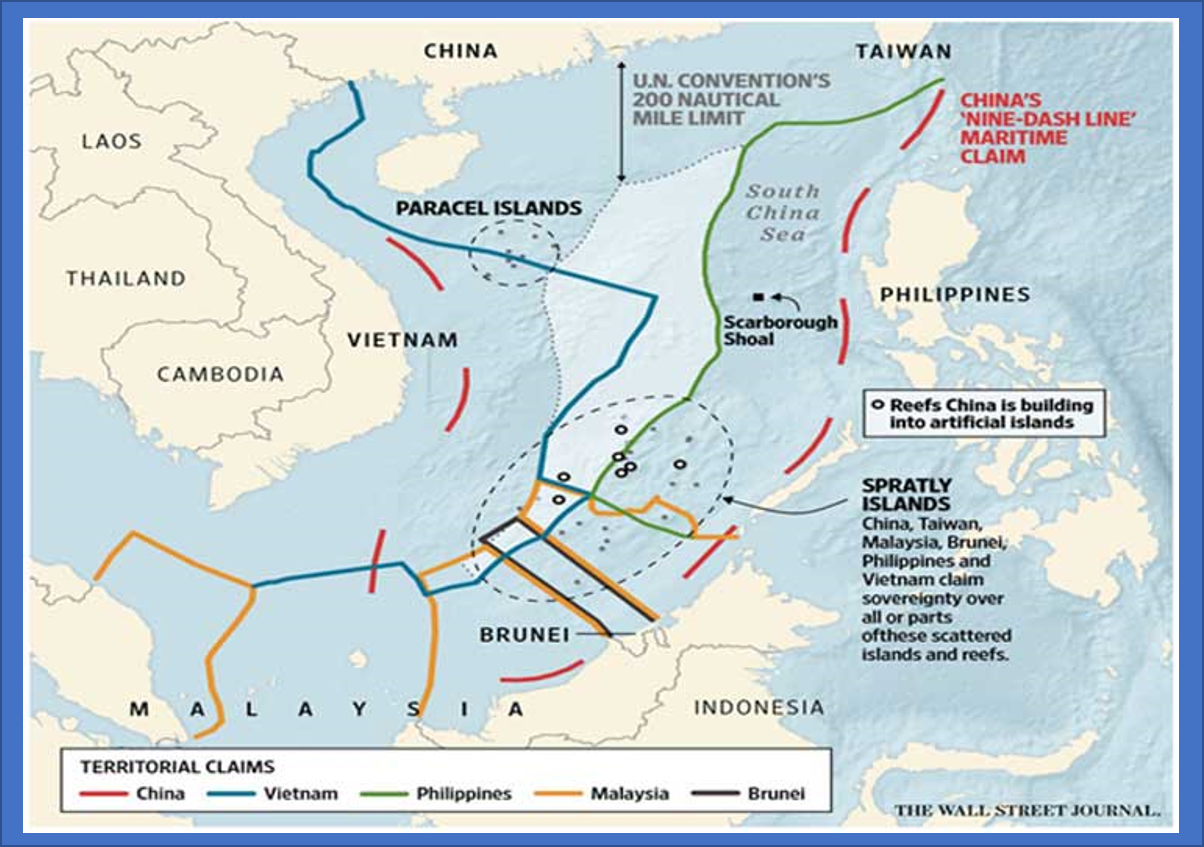Maritime Boundary Disputes in the South China Sea International Legal Issues
Abstract
Energy security has become one of the world’s foremost concerns and a potent source of international conflict. While potentially rich oil and gas resources lie within national maritime zones, they are inaccessible for exploitation so long as the hundreds of overlapping offshore boundary claims remain in dispute. This paper examines the long standing maritime boundary disputes in the South China Sea in respect of the Spratly Islands, the Paracels, the Ambalat offshore area, the Straits of Johore and Singapore, the Gulf of Thailand, Scarborough Shoal and the Malampaya and Camago Gas Fields. It is observed that ‘Track 2’ diplomacy, once thought likely to provide a solution, has not been successful. Rather, the international rules established by the 1982 United Nations Convention on the Law of the Sea and subsequently developed by international tribunals, most particularly by the International Court of Justice (ICJ), provide relatively clear principles upon which questions of territorial sovereignty and the delimitation of the continental shelf and Exclusive Economic Zones can be resolved. The recent decision of the ICJ in the Black Sea (Romania v Ukraine) case of 2008 is examined and the legal principles identified. It is argued that, if international law, for political and strategic reasons, is not acceptable to States in the South China Sea, it is time to look again at the benefits of ‘sovereign neutral’ joint development, either on a bilateral basis or multilaterally. Efforts by States in the Asian region over the last few years to work collaboratively on issues of mutual concern such as the marine environment, terrorism, piracy, drug trafficking and refugees may have fostered regional confidence to resolve the more intractable issue of maritime boundaries. The need for secure access to energy resources may speed this process.
Keywords: energy security, South China Sea, 1982 United Nations Convention on the Law of the Sea, International Court of Justice, Black Sea (Romania v. Ukraine), joint development

